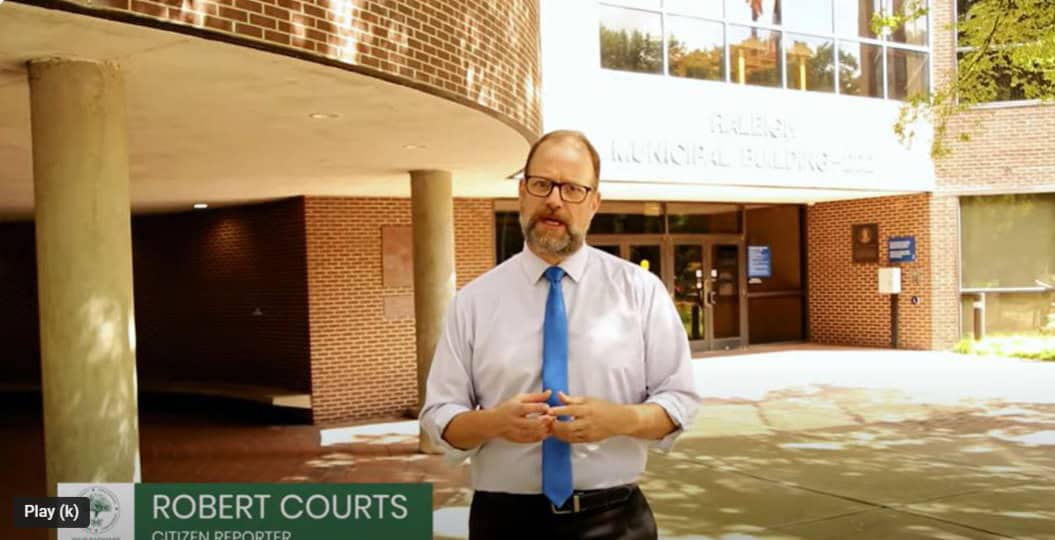Have you ever wished you could peek behind the mask of local candidates and get a true sense of who they are, beyond their polished speeches and campaign promises? We all want to know what drives the people who seek to lead our city. Luckily, there’s a way to cut through the surface and get a clearer picture: Follow the money.
While a candidate’s public persona might be carefully crafted to appeal to voters, their campaign finances often tell a different story. Who supports them financially? Who’s invested in their success? The answers to these questions can reveal a lot about the priorities and influences that shape their decisions.
The Power of Small, Local Donations
In my experience, candidates who are genuinely committed to Citizen Engagement and prioritizing the needs of the community often receive the bulk of their financial support from local citizens in smaller amounts. These grassroots campaigns rely on contributions from individuals who believe in the candidate’s message and want to see real, positive change in their community.
Candidates who run on small donations typically:
- Reflect the values and concerns of the everyday people they seek to represent
- Make decisions with the broader community in mind, rather than catering to the interests of a few wealthy individuals or corporations
- Demonstrate a deep connection to the neighborhoods and citizens they’re working for
These are the candidates who show up at local meetings, talk to their constituents, and make themselves accessible to all parts of the community—not just the ones who can write the biggest checks.
The Influence of ‘Big Development’ Money
On the other hand, there are candidates who receive large donations from individuals or entities tied to big development. When a candidate’s financial backing comes primarily from developers, real estate interests, or businesses with a stake in development deals, it raises important questions about where their true priorities lie.
‘Big Development’ candidates may:
- Be more likely to push for projects and policies that benefit developers at the expense of the broader community
- Prioritize rapid growth and profits over sustainable development or affordable housing
- Make decisions that align more closely with the interests of those funding their campaigns, rather than the needs of everyday citizens
While development is an important part of any growing city, unchecked or poorly managed growth can lead to rising housing costs, displacement, and a loss of community character. Candidates who depend heavily on developer money may be less likely to strike the balance needed to ensure that growth benefits everyone, not just a select few.
Why It Matters
The choices we make in local elections directly affect the future of our city. By following the money, you can gain valuable insights into a candidate’s priorities and potential influences. While campaign slogans and speeches may be crafted to appeal to voters, a candidate’s funding sources often provide a more authentic glimpse into their values and the type of leadership they’re likely to offer.
If you care about transparency, accountability, and having leaders who will truly represent the interests of all Raleigh residents, take a moment to research where each candidate’s financial support is coming from. Are they funded by your neighbors and fellow citizens? Or are they backed by powerful development interests?

Conclusion: Make an Informed Choice
This November 5th, when you head to the polls to vote for Raleigh’s City Council, take the time to look beyond the campaign rhetoric. Follow the money to understand who’s really backing the candidates, and what that might mean for the future of our community.
The financial trail may not always be obvious, but it’s one of the clearest ways to see beyond a candidate’s public persona and get a sense of what kind of leader they will be once elected.

